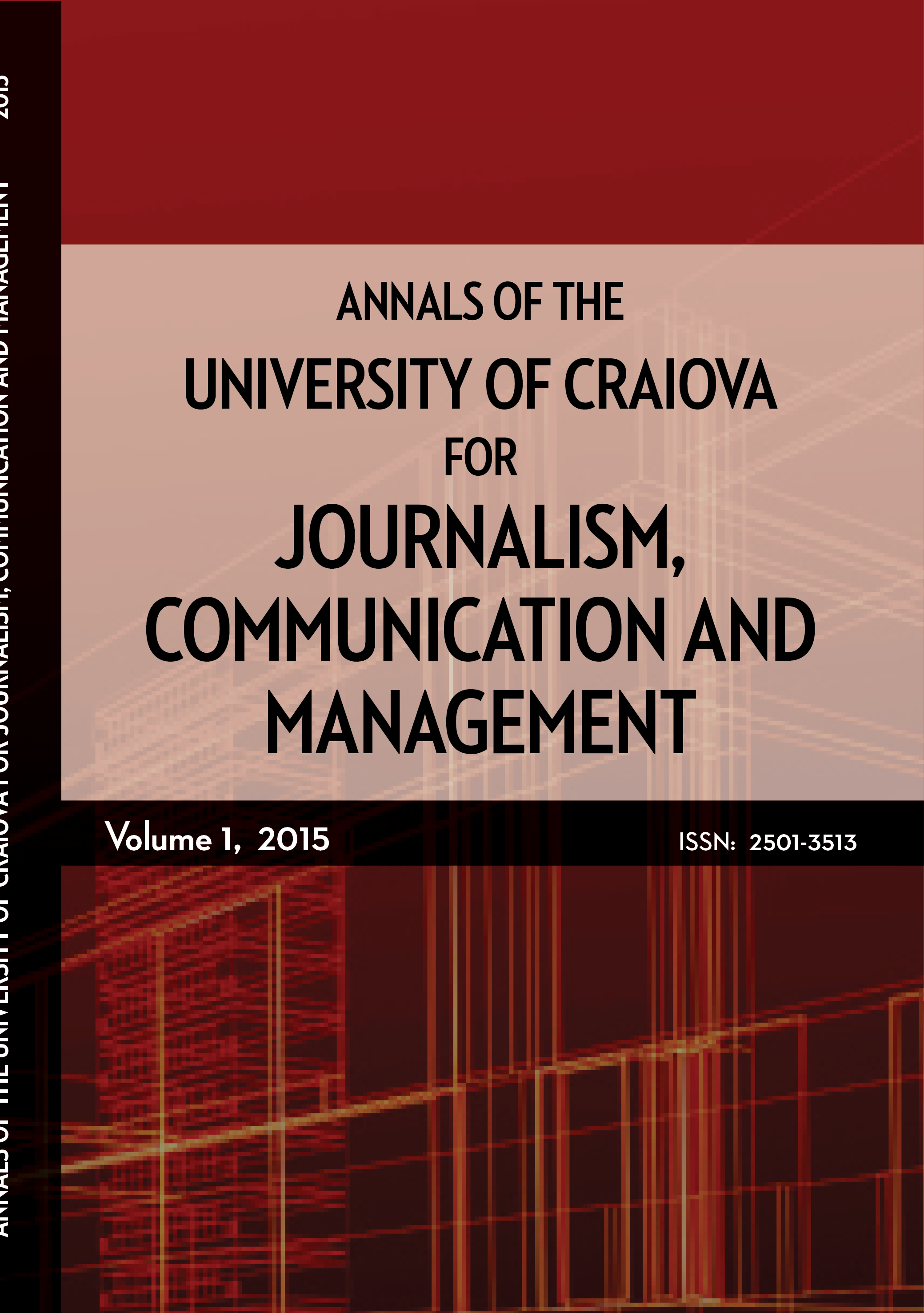Discovering Communication Routes in Translation: Comparative Law as a Translator of Legal Culture
Discovering Communication Routes in Translation: Comparative Law as a Translator of Legal Culture
Author(s): Simina BadeaSubject(s): Social Sciences, Media studies, Communication studies, Sociology
Published by: Editura Sitech
Keywords: language; law; legal culture; translation; communication;
Summary/Abstract: Various areas of knowledge provide the opportunity to discover and explore communication routes in all fields of human activity involving intuition, creative power, even speculative insight. The aim of this study is to point out such communication routes in translation, a tool of paramount importance in the arsenal of the comparatist as a translator of legal culture. A recurrent theme in debates about the nature and aims of comparative law, the concept of legal culture has aroused the interest of comparative law scholars, especially after the 1990s. Considering the strong relationship between language, culture and law, one can rightly note that a comparatist, while inevitably assuming the role of translator, should constantly undergo a process of becoming an intercultural person, one mediating between (at least) two legal cultures. He should identify similarities and interpret differences that exist between legal systems for the purpose of establishing communication in a cultural framework, thus contributing to the dislocation of functionalist, instrumentalist understandings of law and focusing on meaning as determined by context.
Journal: Annals of the University of Craiova for Journalism, Communication and Management
- Issue Year: 1/2015
- Issue No: 1
- Page Range: 32-41
- Page Count: 9
- Language: English

